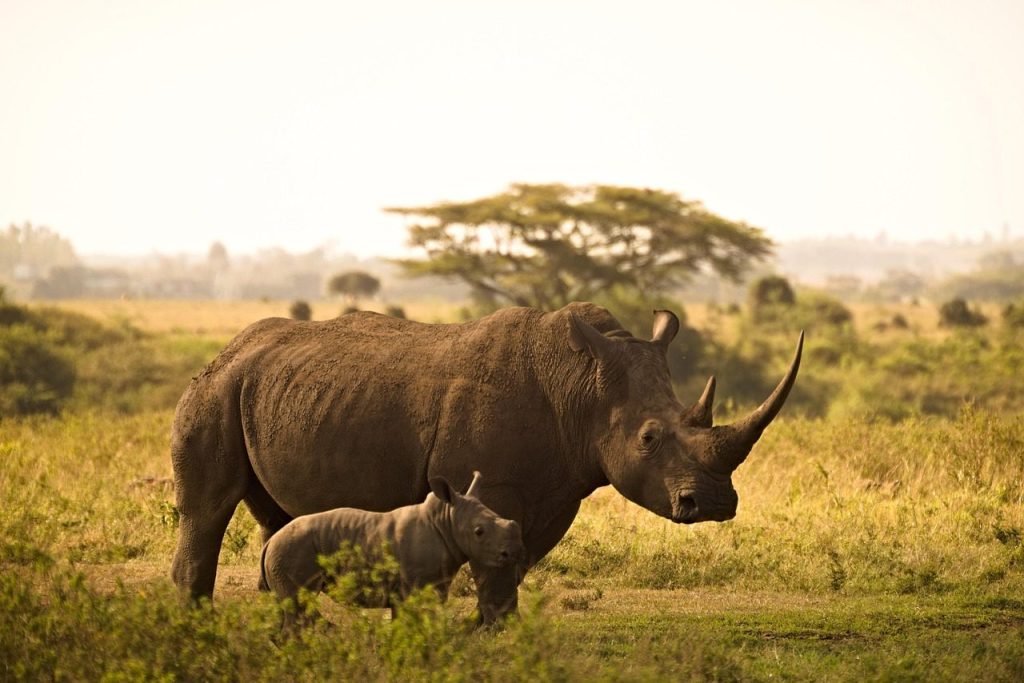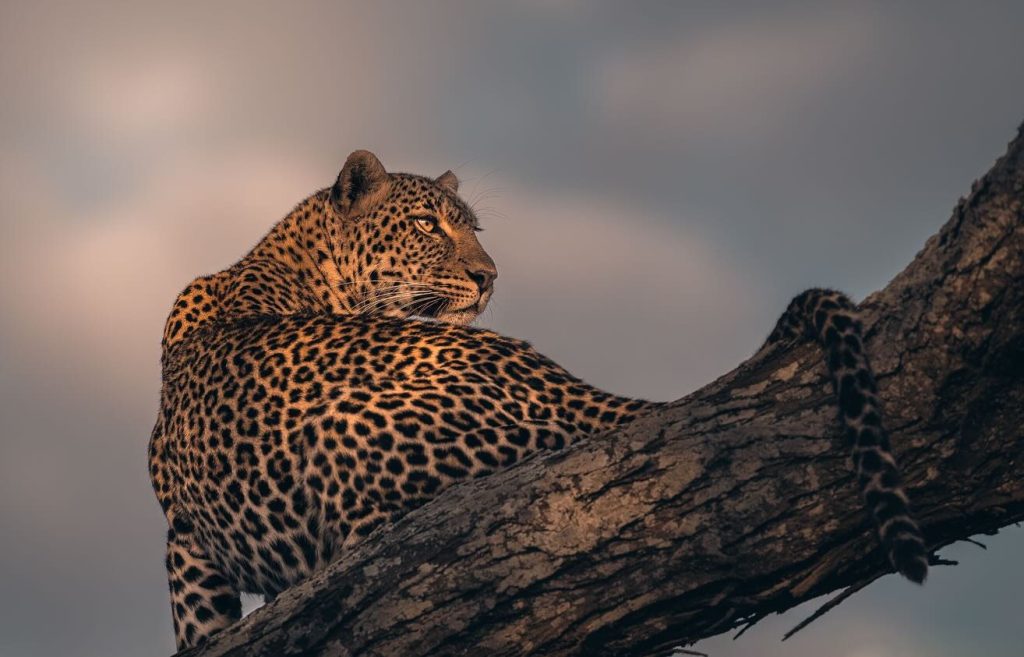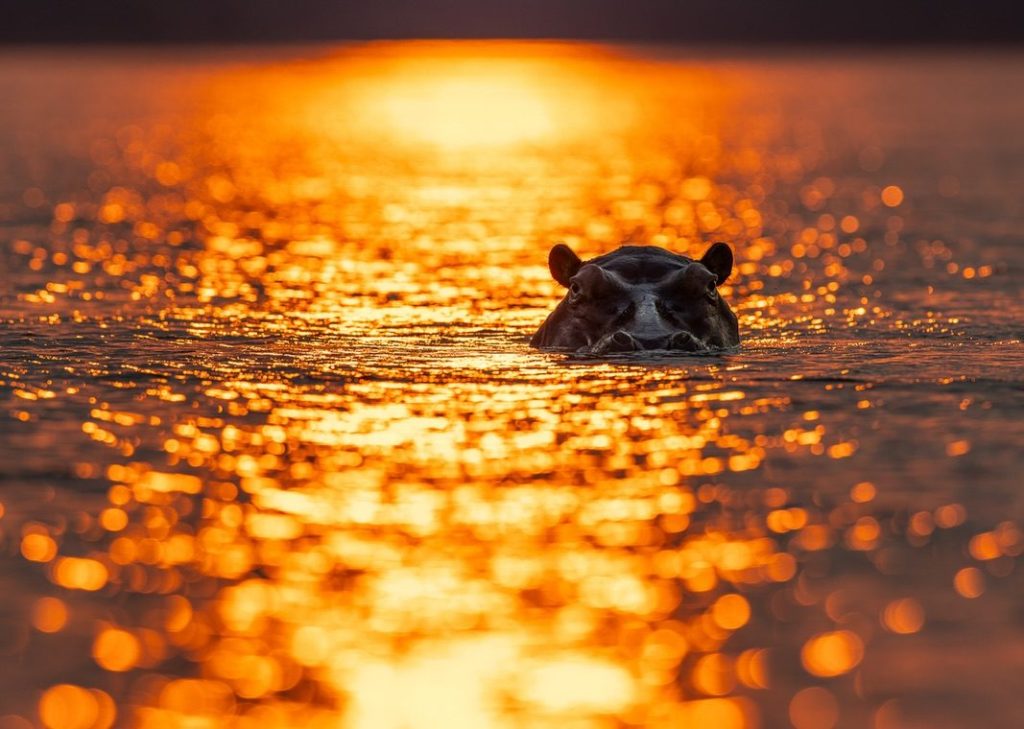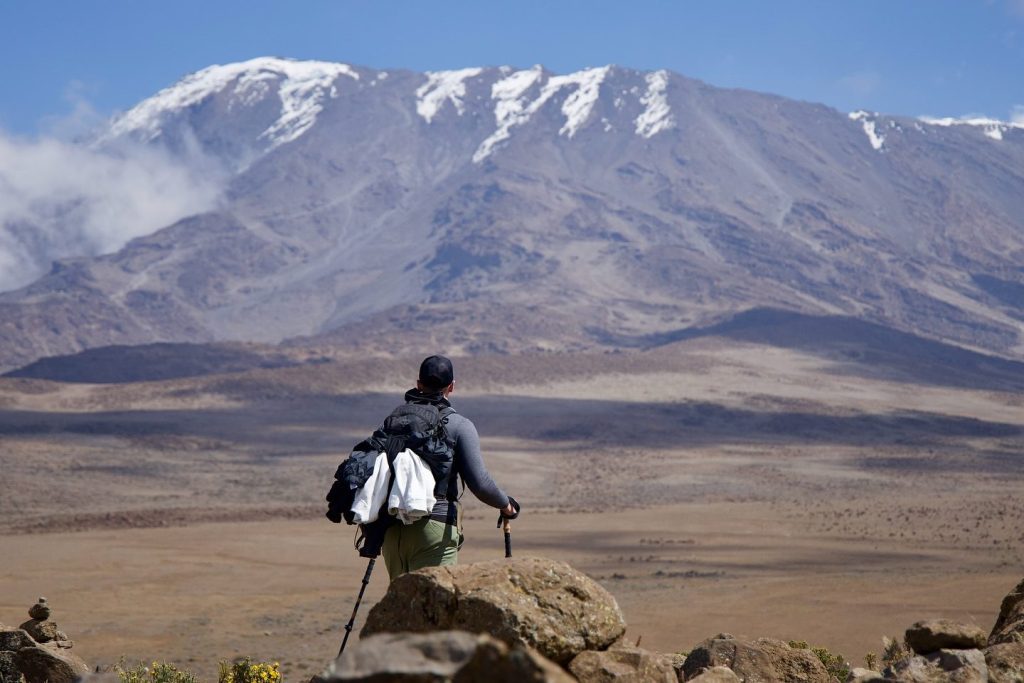Answer (direct, answer-first):The best safari destinations for seniors in Africa combine breathtaking wildlife with comfort, accessibility, and safety. Kenya, Tanzania, South Africa, and Botswana stand out for their senior-friendly lodges, gentle itineraries, and world-class hospitality that make safaris after 60 both easy and unforgettable. Why These Destinations Work Well for Seniors Seniors don’t have to rough it to experience Africa’s magic. Many reserves and parks now cater specifically to older travelers, offering shorter drives, luxury lodges with level pathways, and professional staff trained to assist with mobility needs. These safaris focus on relaxation, comfort, and awe-inspiring encounters — not endurance. 1. Kenya: The Classic Safari for Comfort and Connection Kenya remains one of the most accessible and rewarding safari destinations for seniors. The Masai Mara offers year-round wildlife viewing, while lodges like Mara Serena and Governors’ Camp provide spacious tents with easy access and private verandas overlooking the plains. For seniors, the highlights include gentle sunrise game drives, community visits with the Maasai, and the chance to witness the Great Migration from the safety of a comfortable 4×4 vehicle. Kenya’s proximity to Nairobi’s international airport makes transfers short and seamless. Trip Highlight: Seniors love the balance between wildlife and culture—especially meeting the Maasai and enjoying afternoon tea with panoramic views of the Mara. 2. Tanzania: Serenity and Scenic Grandeur for Seniors Tanzania’s vast landscapes and calm safari rhythm are ideal for seniors who prefer a slower pace. The Serengeti National Park offers abundant wildlife without the crowds, while Ngorongoro Crater allows seniors to view big game within a compact, scenic caldera — no long drives required. Many Tanzanian lodges, like Serena and Sopa, are built on level ground and provide private verandas for relaxed animal viewing. Seniors can enjoy shorter game drives, cultural experiences with the Hadzabe people, and even gentle nature walks guided by rangers. Trip Highlight: The Ngorongoro Crater — where you can see elephants, lions, and rhinos in one day from the comfort of your safari vehicle. 3. South Africa: Malaria-Free and Accessible South Africa is the top choice for seniors who value convenience, health safety, and luxury. Parks like Kruger National Park, Madikwe, and Pilanesberg are easily accessible from Johannesburg, with malaria-free zones that reduce health concerns. South Africa’s infrastructure is modern, and many lodges are built with accessibility in mind — offering ramps, wide doors, and 24/7 medical support. Seniors also love combining safaris with city tours in Cape Town or scenic drives along the Garden Route. Trip Highlight: Malaria-free safaris with exceptional comfort — ideal for seniors who prefer a worry-free wildlife adventure. 4. Botswana: Luxury in Nature for Discerning Seniors For seniors seeking tranquility and exclusivity, Botswana is unmatched. The Okavango Delta and Chobe National Park offer water-based safaris, allowing seniors to glide past elephants and hippos in traditional mokoro canoes or comfortable boats. Botswana specializes in small, high-end lodges with attentive staff and minimal crowds. It’s perfect for older travelers who value peace, privacy, and personalized service. Trip Highlight: A serene boat safari on the Okavango Delta — gentle, quiet, and spectacularly scenic. 5. Namibia: Scenic, Safe, and Wonderfully Peaceful Namibia is perfect for seniors who enjoy landscapes as much as wildlife. The country’s excellent roads make it easy to explore in a guided vehicle, and the dry climate keeps bugs and malaria at bay. Seniors can visit Etosha National Park for wildlife, or marvel at the red dunes of Sossusvlei. Lodges here emphasize comfort and photography opportunities rather than physical activity, making it ideal for older travelers who want gentle exploration at their own pace. Trip Highlight: Watching elephants gather at Etosha’s waterholes from your lodge’s shaded deck — no need to move an inch. 6. Zambia and Zimbabwe: Underrated Gems for Seasoned Seniors For seniors seeking authentic, less-crowded safaris, Zambia’s South Luangwa and Zimbabwe’s Hwange National Park offer deep connections with nature. Many lodges here cater to older travelers, providing shorter walking options, excellent guiding, and optional river cruises on the Zambezi River. These countries are best for seniors who have already done a classic safari and want something more intimate but equally safe. Trip Highlight: A sunset cruise on the Zambezi — calm waters, golden skies, and elephants drinking nearby. How to Choose the Right Destination for You When selecting a safari destination, seniors should consider three main factors: health comfort (malaria-free zones), travel ease (short transfers), and lodge accessibility. Consulting safari operators who specialize in senior travel ensures every detail — from seating comfort to mealtime schedules — fits your needs perfectly. Q&A: Common Questions Seniors Ask Is Kenya or South Africa better for seniors?Both are excellent. Kenya offers dramatic wildlife and culture; South Africa offers malaria-free parks and easy logistics. Can seniors combine countries in one safari?Yes. Many tours combine Kenya and Tanzania or Botswana and Zimbabwe for diverse scenery at a comfortable pace. Are there safaris suitable for seniors with limited mobility?Absolutely. Many lodges feature wheelchair-accessible rooms, ground-level vehicles, and trained staff. When is the best time for seniors to go on safari?June to October offers mild weather and easy wildlife viewing, especially in East and Southern Africa. Do seniors need vaccinations for all safari destinations?Not always. Malaria-free zones like South Africa often require none. Consult your doctor before travel.










